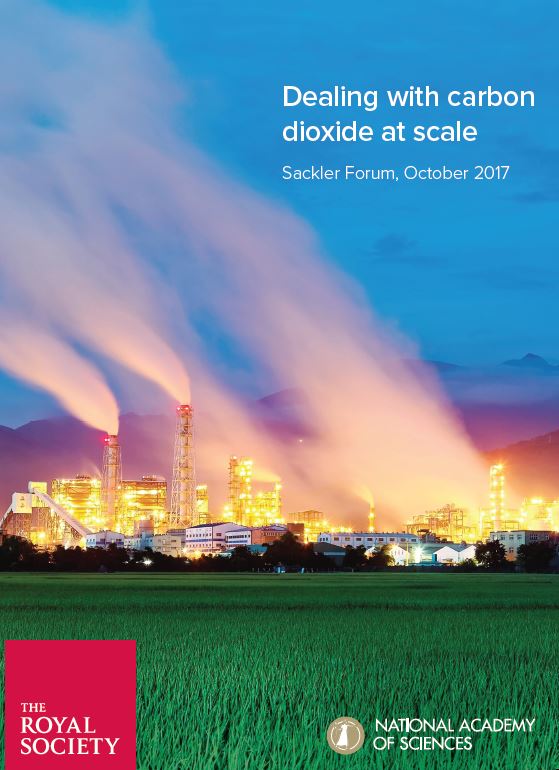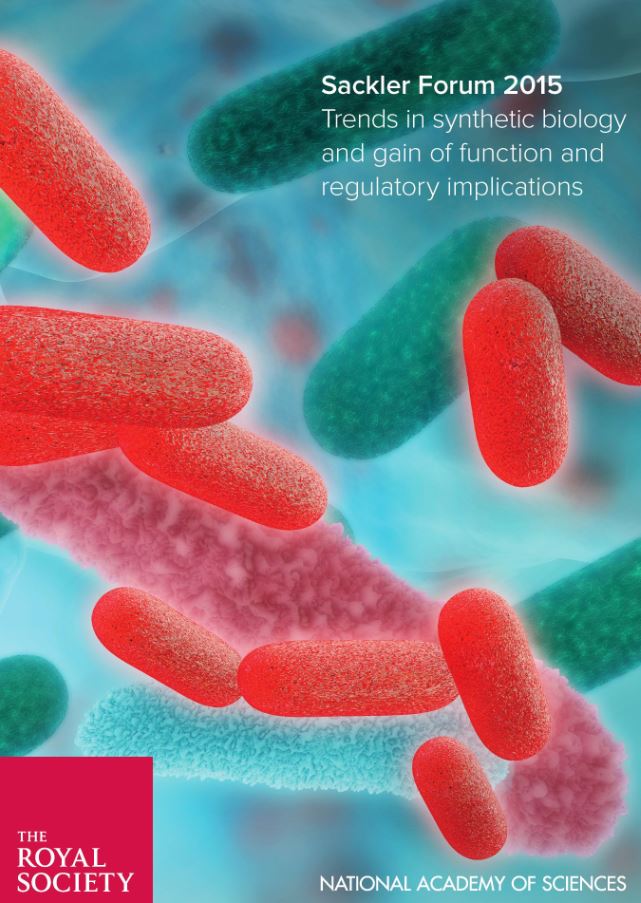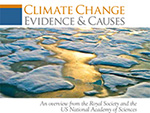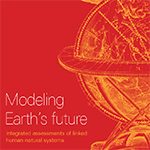
Past Events
 US-UK Scientific Forum on Researcher Access to Data
US-UK Scientific Forum on Researcher Access to Data
September 12-13, 2023
Washington, DC
The pandemic has demonstrated that there is strong public benefit derived from researchers having prompt access to a variety of data sources, such as data from public and government bodies, as well as private companies (in particular, tech companies). There is also significant interest in how we connect and link the different data sources. The Forum will address the evolution of researcher access to data; best practices and lessons learned from fields that are on the forefront of data sharing (i.e., climate studies, astrophysics, biomedicine); and challenges related to pressing societal problems such as online information (and misinformation), modeling for pandemics, and using data in emergencies.
 US-UK Scientific Forum on Bringing Nature into Decision Making
US-UK Scientific Forum on Bringing Nature into Decision Making
June 16-17, 2022
London, UK
Objectives: To advance integration of biodiversity and nature’s benefits to people into decision-making, systemically and globally. Specifically, we aim to (i) lay out the grand challenge of valuing, sharing, and regenerating the benefits of nature; (ii) showcase models of success today; (iii) identify barriers to adapting, replicating, and scaling these models - in science, capacity, social innovation, and institutions; and (iv) focus on key opportunities for lifting these barriers and transforming to nature-positive, climate-smart, and inclusive systems and pathways for sustainable development.
 US–UK Scientific Forum on Sustainable Energy
US–UK Scientific Forum on Sustainable Energy
March 17-18, 2021
Virtual Forum
The presumption for the Forum is that the future electricity system will be supplied largely (>70%) by variable, renewable generation, which will require short, medium and long-term energy storage to ensure stability and continuation of electricity supply. The Forum will consider the wider energy system only where this impacts energy storage in a future electricity system (e.g. EV to grid).
 Sustainable Agriculture
Sustainable Agriculture
March 5-6, 2020
Washington, DC
Topics covered by this Forum included food security in a rapidly changing climate, agriculture’s impacts on biodiversity and environmental health, agroecosystem productivity, consumption behaviors, and future challenges. Photo: Tompkins Conservation Archive.
 Climate Change and Ecosystems
Climate Change and Ecosystems
November 8-9, 2018
Washington, DC
This Forum examined the latest science on how climate change can affect terrestrial, aquatic, and marine ecosystems, in particular addressing current research frontiers such as effects of changes in climate variability and extremes; interactions among multiple stressors; thresholds and the potential for abrupt change; and multi-trophic interactions. A key output was identification of priority avenues for scientific research and policy advice and implementation.
 Dealing with Carbon Dioxide at Scale
Dealing with Carbon Dioxide at Scale
October 2017
Buckinghamshire, UK
This Forum looked in depth at two areas relating to the need to limit carbon dioxide in the Earth’s atmosphere. The first of these was the potential to use carbon dioxide as a commodity in industry and manufacturing, which explored to what extent carbon dioxide might be of some value as a resource rather than just a costly and harmful waste. The second was to examine the role of agriculture and forestry in the sequestration of carbon dioxide and whether it is possible to better harness the way plants, crops, trees, and soils assimilate carbon dioxide.
 The Frontiers of Machine Learning
The Frontiers of Machine Learning
January 31-February 1, 2017
Washington, DC
Scientists from the U.K. and the U.S. explored potential applications for machine learning, including legal and ethical challenges. As the field evolves, machine learning has the potential to transform a diverse range of sectors including transportation, medicine, public services, and finance.
View Presentations and Videos»
Meeting Summary»
 Synthetic Biology and Gain of Function Research
Synthetic Biology and Gain of Function Research
November 2015
Buckinghamshire, UK
The sixth Sackler Forum convened international experts from academia, government, industry, regulatory and non-governmental organizations to discuss the cutting edge technologies in synthetic biology, gene-drives and gain of function research and discussed ethical considerations and overall impacts that these scientific advances might have on national and international governance and regulations.
 Cybersecurity Dilemmas: Technology, Policy, and Incentives
Cybersecurity Dilemmas: Technology, Policy, and Incentives
December 8-9, 2014
Washington, DC
The fifth Sackler Forum brought together approximately 60 participants from academia, government, industry, philanthropy, and non-governmental organizations. The two-day meeting included presentations and discussions on such topics as cybersecurity and international relations, privacy, rational cybersecurity, and accelerating progress in cybersecurity.
 Climate Change: Evidence and Causes
Climate Change: Evidence and Causes
February 27, 2014
Washington, DC
The fourth Sackler Forum convened a UK-US team of leading climate scientists who produced a brief, readable reference document for decision makers, policy makers, educators, and other individuals seeking authoritative information on questions concerning climate change. The booklet was released at a well-attended launch event on February 27, 2014. (2020 Report Update)
Some 900 people watched the webcast of the event, and its reach through Twitter and other social media tools extended the audience to thousands more.
 Modeling Earth's future
Modeling Earth's future
September 19-20, 2012
Buckinghamshire, UK
The third Sackler Forum brought together over 80 UK and US scientists from two modeling communities – climate and integrated assessment – to discuss the potential and the pitfalls associated with modeling human-natural systems.
 Neuroscience and the Law
Neuroscience and the Law
March 2-3, 2011
Irvine, California
The second Sackler Forum brought together experts for presentations and moderated discussions in the following areas: neuroscience in court, mind reading (including a discussion of lie detection, pain, and false memory), criminal responsibility and sentencing, moral reasoning and psychopathy, and the developing brain.
Advancing Agriculture: How can crop science and technology contribute to feeding nine billion people?
December 14-15, 2009
London, U.K.
The inaugural Sackler Forum included presentations by experts on the various ways in which recent and imminent developments could contribute towards meeting the food supply challenge. The topics were aligned with major reports from the Royal Society and the National Academy of Sciences addressing food production and agriculture and were focused on three major themes: challenges for global agriculture, crop improvement and crop management, and science and policy in the public and private sectors.

